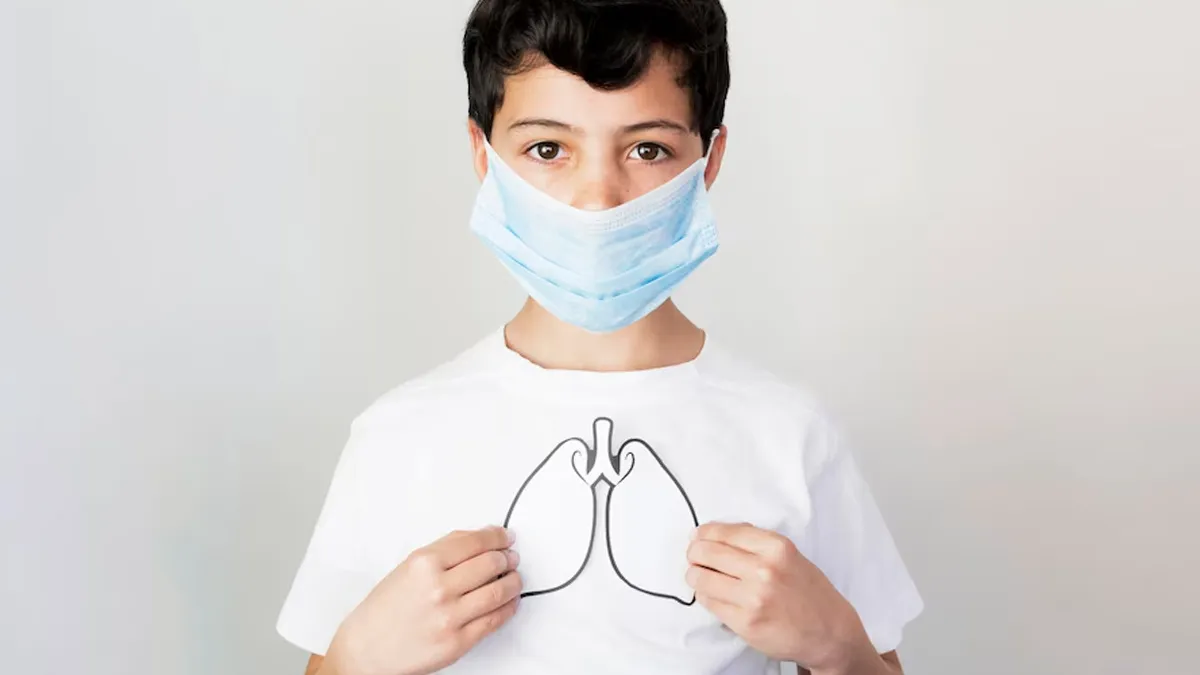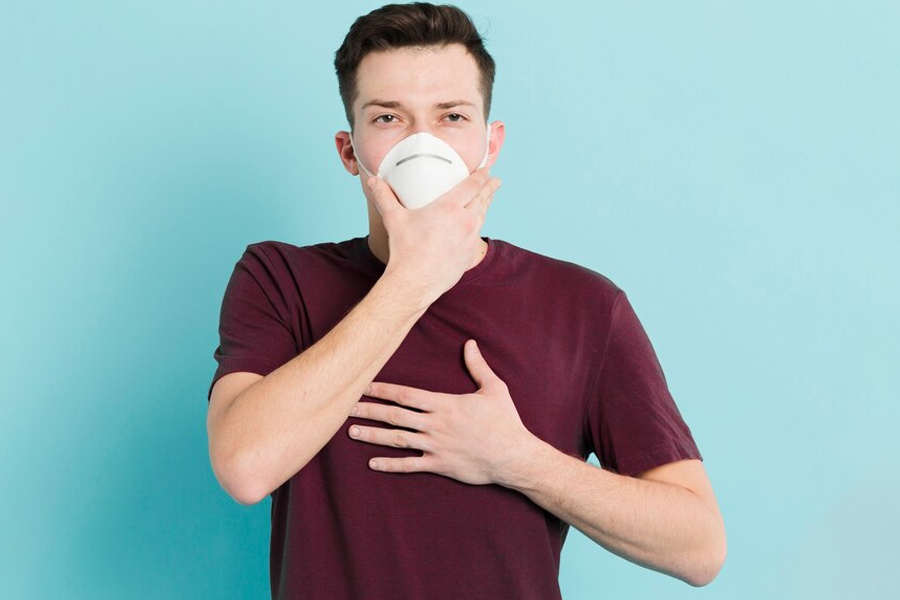
The Human Metapneumovirus (HMPV) is a respiratory illness that has seen a rising trend in many countries, including China and India. So far, India has reported 17 cases of HMPV, most of which comprise infants below the age of five or older adults. The first cases were identified in Bengaluru in a three-month-old and an eight-month-old baby, while the most recent cases in Gujarat involve a nine-month-old child and a 59-year-old man.
Table of Content:-
Many health experts have compared HMPV to Respiratory Syncytial Virus (RSV), which can affect all age groups but is more common in children. According to the World Health Organization (WHO), HMPV belongs to the Pneumoviridae family, which is the same as RSV. Given their similarities, it is important to distinguish between the two infections and to provide more clarity on it, we spoke with Dr Manoj A G, Consultant Physician on Practo, Bengaluru.
How Is HMPV Different From RSV?

HMPV and RSV are both closely related viruses that spread easily through a person’s cough and sneeze. According to Dr Manoj, HMPV is similar to RSV, as both can lead to severe conditions such as bronchiolitis and pneumonia, particularly in children. However, unlike RSV, HMPV also impacts older adults and individuals with weakened immune systems, he notes.
The WHO states that it is hard to tell different respiratory illnesses apart as they have similar symptoms such as fever, cough, runny nose, and congestion.
However, Dr Manoj shares that the two differ in diagnosis and long-term impact. While RSV is well-studied and widely recognised, HMPV remains underdiagnosed due to overlapping symptoms with other respiratory viruses and limited access to diagnostic tools like PCR tests. Additionally, HMPV may lead to chronic respiratory issues, such as asthma in children and worsen pre-existing conditions like Chronic Obstructive Pulmonary Disease (COPD) in the elderly.
Symptoms To Differentiate Between HMPV And RSV
-1736742952993.jpg)
HMPV and RSV share many similar symptoms, such as runny nose, cough, fever, and respiratory distress. However, the key symptoms that differentiate HMPV from RSV lie in their severity and impact on specific groups, highlights Dr Manoj.
Severity of long-term complications: HMPV is more commonly associated with long-term respiratory complications, such as asthma and recurrent wheezing in children, which are less prominent in RSV cases.
Worsening pre-existing conditions: In the elderly, HMPV is more likely to exacerbate chronic conditions like COPD and heart failure compared to RSV.
Symptom onset: HMPV symptoms may progress more gradually and are sometimes misdiagnosed due to overlapping features with other respiratory viruses.
To accurately differentiate between the two conditions, you may have to undergo diagnostic tests, as symptoms alone may not be enough to distinguish the two infections. HMPV and RSV are primarily diagnosed through PCR tests, which detect the genetic material of the virus. Other diagnostic methods include antigen detection and viral culture, but PCR remains the most accurate and widely used approach, according to Dr Manoj.
Also Read: Why Are Infants And Children More Susceptible To HMPV? Doctor Shares Tips For Protection
Treatment And Preventive Measures
-1736742969256.jpg)
The treatments and preventive measures for HMPV and RSV are mostly similar due to the similar symptoms and the lack of specific antiviral treatments for both. However, there are some differences based on their characteristics and the populations at risk.
Treatment options:
For HMPV, there is no specific antiviral treatment. However, the condition can be managed through supportive care, such as maintaining hydration, using Over-the-Counter (OTC) medications for fever and pain like paracetamol, and providing oxygen therapy if necessary in severe cases. Hospitalisation may be required for vulnerable groups.
Like HMPV, RSV also does not have a targeted antiviral treatment. Supportive care is the primary approach, but for severe cases, especially in infants, monoclonal antibodies like palivizumab may be given to high-risk infants to help prevent infection. In severe cases, hospitalisation for oxygen therapy, ventilation, and other respiratory supports is common.
Preventive measures:
Preventive strategies for HMPV include good hand hygiene, respiratory etiquette like covering the mouth while coughing and sneezing, wearing masks, social distancing, and improving indoor air quality. There are no vaccines specifically for HMPV.
RSV prevention also includes hand hygiene and mask-wearing. Additionally, vaccines and monoclonal antibody options for RSV are under research, though no definitive vaccine exists as of now.
Conclusion
HMPV and RSV are respiratory illnesses that often cause similar symptoms and are mostly prevalent in children. Given that most of the cases detected in India are infants and the elderly, it is crucial that we take necessary steps to protect them and avoid letting the infections progress to something severe. Prioritising good hygiene is crucial, including frequent handwashing with soap and water or using hand sanitiser and teaching children to cover their coughs and sneezes properly. Additionally, limiting outdoor activities, especially when respiratory infection cases are on the rise. If your child or an elderly person in the house is displaying symptoms that seem to be persistent, consult a doctor on priority.
Also watch this video
How we keep this article up to date:
We work with experts and keep a close eye on the latest in health and wellness. Whenever there is a new research or helpful information, we update our articles with accurate and useful advice.
Current Version